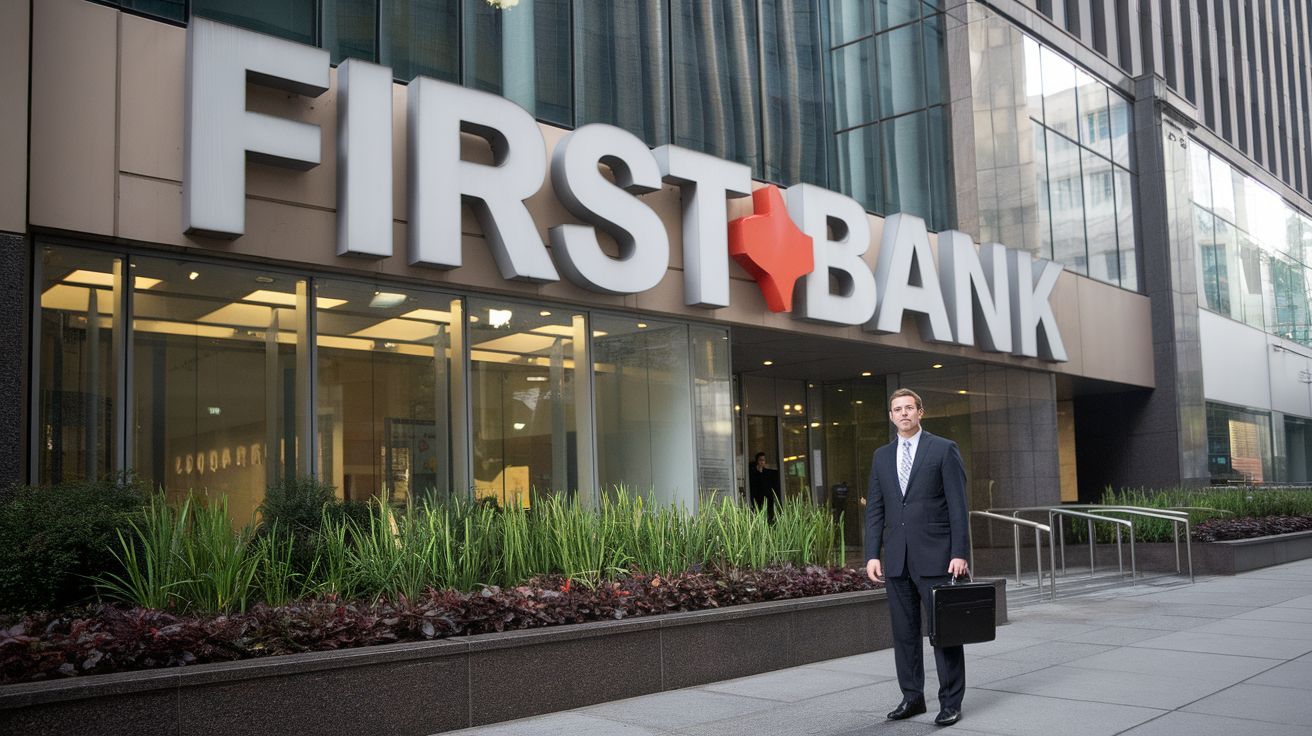Maximizing Your Savings with Money Market Accounts
Money market accounts are a unique blend of checking and savings accounts, offering the best of both worlds. They provide higher interest rates compared to traditional savings accounts while maintaining accessibility. Account holders can typically use checks or debit cards to access their funds, similar to a checking account.
However, there are some limitations to consider. Monthly withdrawals and transfers are usually capped, much like with some savings accounts. Despite this, money market accounts can be an excellent way to earn a return on your savings with less risk than investing. If you’re considering this option, here’s a step-by-step guide to opening a money market account.
Choosing the Right Financial Institution
The first step is to decide whether to open your account with a bank or a credit union. While you might be inclined to stick with a financial institution where you already have accounts, exploring other options can help you secure the best interest rate.
Credit Unions
Credit unions are not-for-profit and member-owned institutions. This often translates to lower fees and loan interest rates, and higher savings interest rates compared to banks. They tend to be smaller and may offer a more personal, local feel. However, membership criteria must be met, and they may not have as many branches or financial products as banks.
Banks
Banks are for-profit institutions, which might mean slightly lower money market rates compared to credit unions. Larger banks can have a more corporate feel, and customer service can vary. However, they often have more branches and digital services, which can be appealing if you value in-person visits or online banking. Smaller local or community banks might offer a friendlier atmosphere than large national chains.
Comparing Money Market Accounts
Not all banks and credit unions offer money market accounts, so it’s essential to research and find available options, including online-only accounts. Comparing money market accounts can help you find the best rate and terms. Here are some key factors to consider:
Annual Percentage Yield (APY)
The APY is one of the most critical pieces of information to review. It represents the annual rate of return you earn on your savings.
Opening Deposit
Some money market accounts require a minimum deposit to open the account, while others do not.
Minimum Account Balance
In addition to the minimum opening deposit, some accounts require maintaining a minimum balance at all times. Failure to do so can result in fees, especially for accounts with the best APYs.
Fees
Compare account fees, including those for holding an account, not meeting minimum balance rules, transfers, and more.
Accessing Money
Some money market accounts allow you to write checks, while others provide debit cards for payments or ATM withdrawals. If accessing your money in a specific way is important, look for these features. Also, check if there are limits on the number of withdrawals or transfers you can make each month.
Gathering Information
After comparing options, narrow down the best one by reviewing the key details. For example, if you find an excellent rate at a credit union, check their membership eligibility requirements to ensure you can join.
Read the fine print on your top choices to make sure you meet any minimum deposit or balance standards. You may also need to do some calculations to determine which account will deliver the best returns.
Submitting an Application
Once you’ve chosen the best option, it’s time to submit your application. The process is usually straightforward and doesn’t require a credit check like applying for a credit card or loan. You’ll need to provide basic information, such as your Social Security number, address, and other personal details.
Approval is typically quick, and you’re unlikely to be declined unless you have a history of issues with prior bank accounts, such as excessive overdrafts, unpaid fees, or suspected fraud.
Making an Opening Deposit
After approval, you’ll need to make your opening deposit using one of the methods offered by the bank or credit union. This could be an internal or external money transfer, or in some cases, debit or credit card payments.
If your account has a minimum opening deposit or balance requirement, you’ll need to start by depositing that amount or more. If not, you can decide how much to deposit initially. Remember, the more you deposit, the more interest you’ll earn.
FAQs
What Is a Money Market Account?
A money market account is a type of deposit account that combines features of both checking and savings accounts. It typically offers higher interest rates than a traditional savings account and provides access to funds through checks or debit cards.
What Are the Benefits of a Money Market Account?
Money market accounts offer higher interest rates, accessibility through checks or debit cards, and lower risk compared to investing. They are an excellent option for those looking to earn a return on their savings while maintaining some level of liquidity.
How Are Money Market Accounts Taxed?
Interest earned on money market accounts is considered taxable income. You’ll receive a 1099-INT form from your financial institution at the end of the year, which you’ll need to report on your tax return.
Don’t Forget About Credit
While focusing on savings is crucial, it’s also important to consider your credit. Deposit accounts like money market accounts don’t impact your credit score. If you need to build or improve your credit, consider opening a credit card, using it regularly, and paying it off on time. This strategy can help you build credit while simultaneously building your savings, setting you up for strong financial health in the future.
At O1ne Mortgage, we understand the importance of making informed financial decisions. If you have any questions or need assistance with your mortgage needs, don’t hesitate to call us at 213-732-3074. Our team of experts is here to help you navigate the complexities of the mortgage process and find the best solutions for your financial goals.

